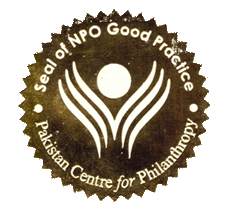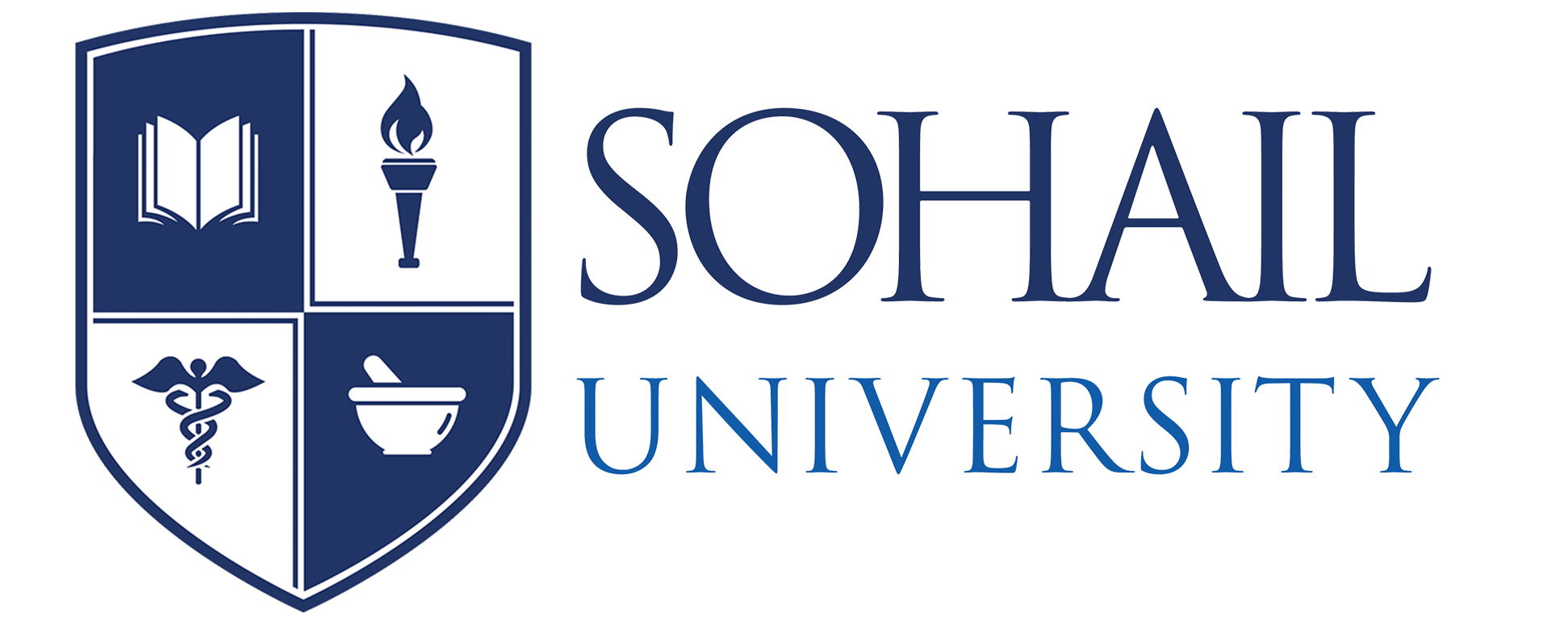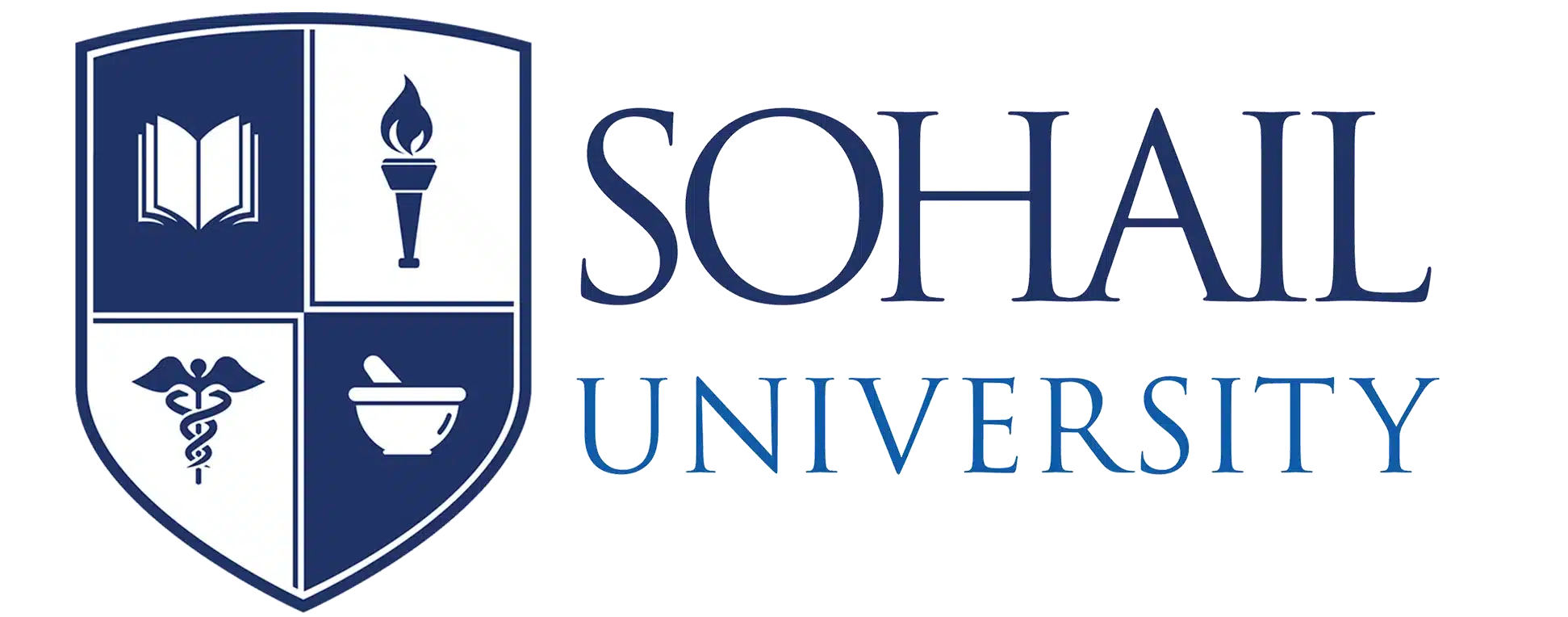BS Development Studies
INTRODUCTION
The Department offers a Bachelor of Science degree in Development Studies (BSDS), employing curriculum which includes a thesis/research project. Graduates are eligible to pursue higher education of MS/ MPhil and PhD. The BSDS degree blends knowledge from several social sciences disciplines including Economics, Political Science, Sociology, Anthropology, Comparative Religions, in order to understand development disparities within Pakistan and around the world while offering solutions.
VISION
To be a recognized center of excellence in preparing graduates to develop and apply feasible and creative solutions to current and future problems in development and economics related issues, both on a national and international level.
MISSION
- To study development challenges with a multi-disciplinary focus, reflecting the experiences of our valued faculty, in the context of the unique culture, demography, institutional policies and gee-political dynamics of the regions under study.
- To teach our students to think independently by a rigorous focus on reading, reflecting and improvising to give students confidence to tackle the most contemporary challenges in development.
- To provide context-sensitive ways of looking at development issues in a globalized world including critical reflections on conventional strategies and continuous pursuit for new ones.
- To teach how to evaluate the impact of decisions taken by key stakeholders, at the helm of economic & government agencies, with an understanding of their trickle-down effect(s) on the common man.
- Training students to apply contemporary quantitative and qualitative research methods, while offering encouragement and guidance in the proper documentation of results. Grooming scholars to offer innovative solutions and policy recommendations to evolving challenges related to Economics.
- Facilitating the learning, of our scholars, by providing access to relevant literature and scholarly journals, at a fully functional, on-campus library and through online resources.
- Encouraging scholars to ask probing questions, challenging engrained ideas, on important issues, within the Social Sciences disciplines, including Economics.
PROGRAM OBJECTIVE
- Impart a curriculum that blends knowledge from several Humanities and Liberal Arts subjects; with the explicit purpose of enhancing understanding of factors engendering under-development in South Asia.
- Focus on analyzing social, cultural, ethnic, economic, and demographic issues within a historical and social context through quality education and research opportunities.
- Provide supervision and guidance from our faculty trained in the state-of-the-art disciplines, having effective education delivery experience.
- Chart the course for educational enhancement and continuous measurement of Department goals and objectives.
- Deliver and exchange ideas on contemporary and historical development problems facing Pakistan and our region, with a keen focus on enabling students to formulate their own solutions.
- Liaise regularly with Development Sector agencies including: NGO’s, UN bodies, Government Departments; for the purpose of enabling internship, work and research collaborations.
- Promote continuous and regular liaison with the society at large.
LEARNING OUTCOMES
Graduates of the BS Development Studies program will:
- Be empowered to apply knowledge gained from several Liberal Arts and Humanities
courses by enriching their critical mass on contemporary socio-economic issues. - Respect and celebrate the cultural richness & diversity of Pakistan.
- Interact and communicate with indigenous and vulnerable populations, ensuring objectivity in reporting their findings.
- Make effective contributions in the field of development studies and become leaders
and pioneers in several development agencies. - Select and apply relevant tools for collecting, interpreting and assessing
(qualitative and quantitative) information on development processes and their impacts. - Process and analyze data from a variety of relevant sources.
Communicate results of analysis to a variety of audiences ranging from
professionals (research-oriented as well as policy-oriented) to non-professionals
(stake holders, other users)
WHY CHOOSE THIS PROGRAM?
- Be part of an evolving multi-disciplinary field to find solutions in a globalized world
- Play a role in critical reflections on conventional development strategies
- Pursue new remedies for development issues pertinent to our survival
- Sohail University offers a variety of programs with varied faculties, so all students benefit from sharing and collaboration on the same campus
- Enjoy a vibrant student life in the heart of Karachi
| Application Fee | 15,000 | |
| Admission Fee | 45,000 | |
| Tuition Fees | 25,000 | |
| Enrollment Fee | 3,000 | |
| Total (at the time of admission) | 90,000 | |
| The Univesity reserves the right to increase the fees if required according to the recommendation of the Governing Body. |
Fee Policy
- The fee letter along with vouchers will be issued by the Accounts Department. Student Affairs will inform all students regarding fee payment one week before class commencement.
- The semester fee will be due within 10 days from the issuance of the fee letter.
- The examination fee will be charged at the start of each semester.
- Tuition fee will be paid in full.
- Attendance will not be marked of those students who fail to submit their fees within the deadline and student will not be allowed to sit in examinations.
- After paying the fee voucher, student will email the paid fee voucher to saoffice@jmc.edu.pk
- A Late Surcharge of 3% will be charged after the due date for 15 working days and 5% after the due date 16th working day onwards.
- Scholarships will be decided by the Scholarship Committee. All students will be informed in writing of decision on their application and a summary of awards will be given to the Accounts Department. If any student has paid full fees before the scholarship awards are decided, then the extra fee will be adjusted in the next semester fees.
- For Scholarships awarded at the time of Admission for First Year, Semester 1, attendance and results of Semester 1 will be reviewed for renewal of Semester 2 Scholarship. First Year students who did not apply for scholarship at time of admission, may apply for Semester 2 scholarship award at the end of Semester 1.
- Scholarships will be awarded once a year to be applied to both semesters.
- Students must apply for renewal or new scholarship at the end of each even numbered semester so decisions can be made before the new Academic Year starts. Decisions will be made on the basis of merit (80% minimum attendance and passing all exams in previous Academic Year) and demonstration of financial need.
CAREER PROSPECTS
Graduates will find a ready market waiting for their meaningful contributions as consultants, policy analysts and advisors, program coordinators, field researchers, writers and academicians. Graduates will be well prepared for positions in Civil Society & Development Sector Organizations, Urban & Rural Planning Agencies, Government Departments, Research & Academic Institutions, National and International Aid & Developments Agencies such as WHO and UNICEF.
ADMISSION CRITERIA
- Minimum 45% marks in HSC (any subject) OR O/A level–(Foreign High School /equivalent)
- Equivalence as determined by the Inter board Committee of Chairmen (IBCC) is required for all non-Pakistan Boards of Education (www.ibcc.edu.pk)
- Qualify Aptitude Test & Interview
- Candidates residing outside of Pakistan may submit SAT/ACT results in substitution of AptitudeTest
INSTITUTE OF HISTORICAL & SOCIAL RESEARCH (IHSR)
The IHSR is a research organization with a vibrant progressive, pro-people vision.
Research conducted covers different disciplines independently as well as in a multidisciplinary manner. It deviates from traditional modes of historiography and views history from below, encompassing the common people, their sociopolitical contribution, ethos and values, and creative pursuits, as the major determinants of historical evolution.
The Institute preserves sources of peoples’ history, retrieves relevant historical documents and conducts original research,dealing with the ways of life, thinking and movements reflecting the concerns of people at a given point of time in the past. The Institute disseminates its historical research in the form of books, monographs, seminars and conferences. Preservation and publication of the political literature of Pakistan is of special interest.
In the domain of social research, the Institute focuses on contemporary socio-political issues of the country, with the common people as the central point of reference.
COURSE OUTLINE:
INTRODUCTION
The Department offers a Bachelor of Science degree in Development Studies (BSDS), employing curriculum which includes a thesis/research project. Graduates are eligible to pursue higher education of MS/ MPhil and PhD. The BSDS degree blends knowledge from several social sciences disciplines including Economics, Political Science, Sociology, Anthropology, Comparative Religions, in order to understand development disparities within Pakistan and around the world while offering solutions.
VISION
To be a recognized center of excellence in preparing graduates to develop and apply feasible and creative solutions to current and future problems in development and economics related issues, both on a national and international level.
MISSION
- To study development challenges with a multi-disciplinary focus, reflecting the experiences of our valued faculty, in the context of the unique culture, demography, institutional policies and gee-political dynamics of the regions under study.
- To teach our students to think independently by a rigorous focus on reading, reflecting and improvising to give students confidence to tackle the most contemporary challenges in development.
- To provide context-sensitive ways of looking at development issues in a globalized world including critical reflections on conventional strategies and continuous pursuit for new ones.
- To teach how to evaluate the impact of decisions taken by key stakeholders, at the helm of economic & government agencies, with an understanding of their trickle-down effect(s) on the common man.
- Training students to apply contemporary quantitative and qualitative research methods, while offering encouragement and guidance in the proper documentation of results. Grooming scholars to offer innovative solutions and policy recommendations to evolving challenges related to Economics.
- Facilitating the learning, of our scholars, by providing access to relevant literature and scholarly journals, at a fully functional, on-campus library and through online resources.
- Encouraging scholars to ask probing questions, challenging engrained ideas, on important issues, within the Social Sciences disciplines, including Economics.
PROGRAM OBJECTIVE
- Impart a curriculum that blends knowledge from several Humanities and Liberal Arts subjects; with the explicit purpose of enhancing understanding of factors engendering under-development in South Asia.
- Focus on analyzing social, cultural, ethnic, economic, and demographic issues within a historical and social context through quality education and research opportunities.
- Provide supervision and guidance from our faculty trained in the state-of-the-art disciplines, having effective education delivery experience.
- Chart the course for educational enhancement and continuous measurement of Department goals and objectives.
- Deliver and exchange ideas on contemporary and historical development problems facing Pakistan and our region, with a keen focus on enabling students to formulate their own solutions.
- Liaise regularly with Development Sector agencies including: NGO’s, UN bodies, Government Departments; for the purpose of enabling internship, work and research collaborations.
- Promote continuous and regular liaison with the society at large.
LEARNING OUTCOMES
Graduates of the BS Development Studies program will:
- Be empowered to apply knowledge gained from several Liberal Arts and Humanities
courses by enriching their critical mass on contemporary socio-economic issues. - Respect and celebrate the cultural richness & diversity of Pakistan.
- Interact and communicate with indigenous and vulnerable populations, ensuring objectivity in reporting their findings.
- Make effective contributions in the field of development studies and become leaders
and pioneers in several development agencies. - Select and apply relevant tools for collecting, interpreting and assessing
(qualitative and quantitative) information on development processes and their impacts. - Process and analyze data from a variety of relevant sources.
Communicate results of analysis to a variety of audiences ranging from
professionals (research-oriented as well as policy-oriented) to non-professionals
(stake holders, other users)
WHY CHOOSE THIS PROGRAM?
- Be part of an evolving multi-disciplinary field to find solutions in a globalized world
- Play a role in critical reflections on conventional development strategies
- Pursue new remedies for development issues pertinent to our survival
- Sohail University offers a variety of programs with varied faculties, so all students benefit from sharing and collaboration on the same campus
- Enjoy a vibrant student life in the heart of Karachi
Fee Policy
- The fee letter along with vouchers will be issued by the Accounts Department. Student Affairs will inform all students regarding fee payment one week before class commencement.
- The semester fee will be due within 10 days from the issuance of the fee letter.
- The examination fee will be charged at the start of each semester.
- Tuition fee will be paid in full.
- Attendance will not be marked of those students who fail to submit their fees within the deadline and student will not be allowed to sit in examinations.
- After paying the fee voucher, student will email the paid fee voucher to saoffice@jmc.edu.pk
- A Late Surcharge of 3% will be charged after the due date for 15 working days and 5% after the due date 16th working day onwards.
- Scholarships will be decided by the Scholarship Committee. All students will be informed in writing of decision on their application and a summary of awards will be given to the Accounts Department. If any student has paid full fees before the scholarship awards are decided, then the extra fee will be adjusted in the next semester fees.
- For Scholarships awarded at the time of Admission for First Year, Semester 1, attendance and results of Semester 1 will be reviewed for renewal of Semester 2 Scholarship. First Year students who did not apply for scholarship at time of admission, may apply for Semester 2 scholarship award at the end of Semester 1.
- Scholarships will be awarded once a year to be applied to both semesters.
- Students must apply for renewal or new scholarship at the end of each even numbered semester so decisions can be made before the new Academic Year starts. Decisions will be made on the basis of merit (80% minimum attendance and passing all exams in previous Academic Year) and demonstration of financial need.
CAREER PROSPECTS
Graduates will find a ready market waiting for their meaningful contributions as consultants, policy analysts and advisors, program coordinators, field researchers, writers and academicians. Graduates will be well prepared for positions in Civil Society & Development Sector Organizations, Urban & Rural Planning Agencies, Government Departments, Research & Academic Institutions, National and International Aid & Developments Agencies such as WHO and UNICEF.
ADMISSION CRITERIA
- Minimum 45% marks in HSC (any subject) OR O/A level–(Foreign High School /equivalent)
- Equivalence as determined by the Inter board Committee of Chairmen (IBCC) is required for all non-Pakistan Boards of Education (www.ibcc.edu.pk)
- Qualify Aptitude Test & Interview
- Candidates residing outside of Pakistan may submit SAT/ACT results in substitution of AptitudeTest
INSTITUTE OF HISTORICAL & SOCIAL RESEARCH (IHSR)
The IHSR is a research organization with a vibrant progressive, pro-people vision.
Research conducted covers different disciplines independently as well as in a multidisciplinary manner. It deviates from traditional modes of historiography and views history from below, encompassing the common people, their sociopolitical contribution, ethos and values, and creative pursuits, as the major determinants of historical evolution.
The Institute preserves sources of peoples’ history, retrieves relevant historical documents and conducts original research,dealing with the ways of life, thinking and movements reflecting the concerns of people at a given point of time in the past. The Institute disseminates its historical research in the form of books, monographs, seminars and conferences. Preservation and publication of the political literature of Pakistan is of special interest.
In the domain of social research, the Institute focuses on contemporary socio-political issues of the country, with the common people as the central point of reference.
COURSE OUTLINE:


